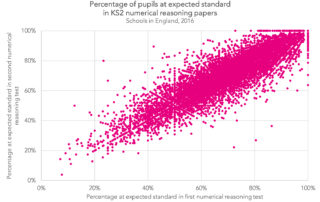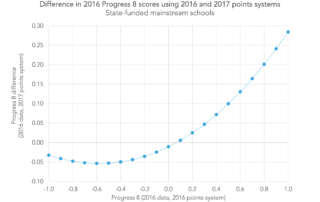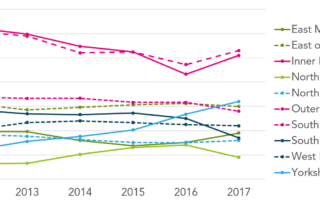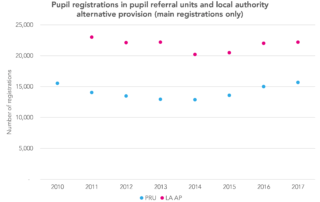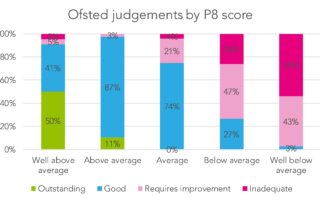Test reliability, and why it matters for primary school performance tables
This year’s Key Stage 2 performance tables will be published tomorrow, summarising the attainment of pupils in KS2 tests in reading, maths, and grammar, punctuation and spelling (GPS). But how reliable are these tests, and what does this mean for published performance indicators? Getting the right balance A well-designed test should give a pupil the [...]



